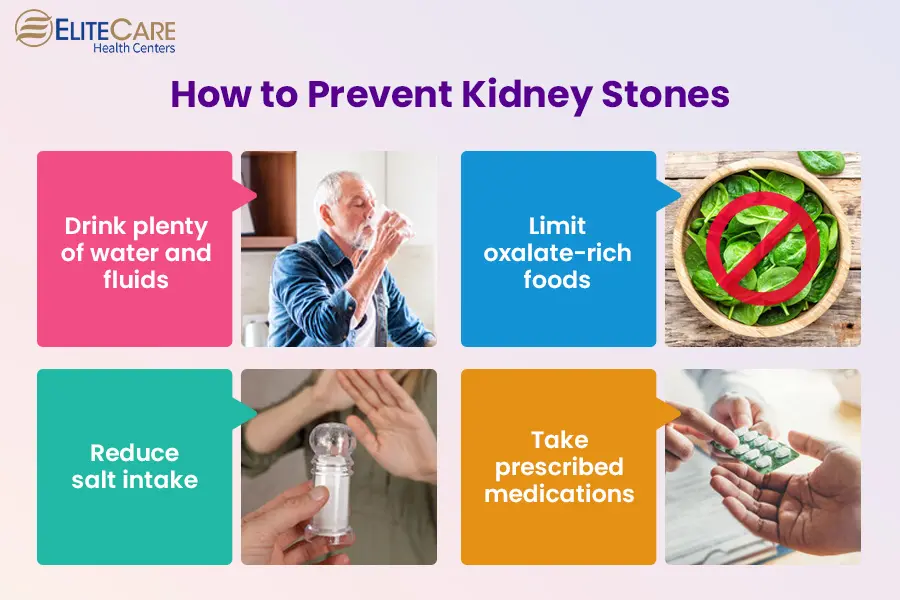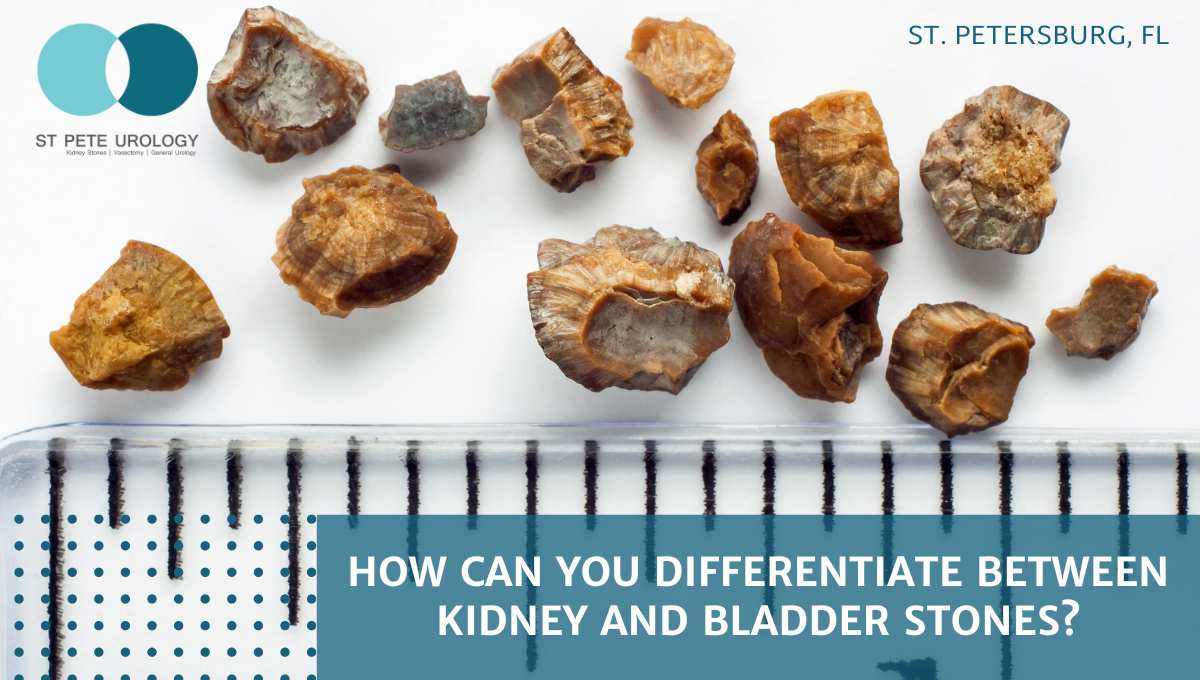Exploring the Effects and Causes of Kidney Stones in Comparison to Urinary System Tract Infections: A Thorough Guide
The expedition of kidney rocks and urinary system tract infections (UTIs) discloses a complicated interaction of signs and symptoms and underlying causes that call for cautious exam. What are the crucial differences in their signs, and how might these educate treatment methods?
Overview of Kidney Stones
Kidney stones, likewise known as renal calculi, kind when certain materials in the urine crystallize and aggregate, bring about the advancement of tough deposits within the kidneys. These rocks can vary in size, ranging from a grain of sand to a golf sphere, and can be made up of different products, one of the most usual being calcium oxalate, uric acid, struvite, and cystine. The formation of kidney stones is affected by several factors, consisting of nutritional routines, liquid consumption, and genetic predisposition.
Signs and symptoms of kidney rocks may include severe discomfort in the back or side, blood in the urine, queasiness, and frequent urination, specifically as the rock relocates with the urinary tract. Medical diagnosis usually involves imaging studies such as ultrasound or CT scans, along with urinalysis to determine the stone's composition.
Therapy choices vary based upon the dimension and type of stone, as well as the extent of symptoms (Kidney Stones vs UTI). Little stones might pass naturally with boosted fluid consumption, while larger rocks may call for medical treatments such as lithotripsy or surgical removal. Recognizing the pathophysiology and danger factors linked with kidney stones is crucial for efficient prevention and monitoring
Summary of Urinary Tract Infections
Urinary system infections (UTIs) are common microbial infections that affect any kind of part of the urinary system, consisting of the kidneys, ureters, bladder, and urethra. They predominantly take place when germs, often from the stomach tract, go into the urinary system, leading to swelling and infection. UTIs are classified into 2 main kinds: uncomplicated and challenging. Uncomplicated UTIs typically happen in healthy people with normal urinary system systems, while complex UTIs might occur in people with underlying problems, such as structural problems or jeopardized immune systems.
The occurrence of UTIs is especially higher in ladies than males, primarily due to anatomical distinctions, such as a much shorter urethra. Risk elements consist of sex, specific contraceptive techniques, urinary system retention, and dehydration. The medical diagnosis of UTIs is usually confirmed through urine tests, which might reveal the existence of microorganisms, white blood cells, or red blood cells.

Signs of Kidney Stones
The pain associated with kidney rocks can show up in numerous methods, typically leading individuals to seek clinical focus. Among one of the most typical symptoms is severe discomfort, commonly localized in the reduced back or side, which might emit to the abdominal area or groin. This pain, often called sharp or cramping, can occur all of a sudden and might fluctuate in strength.
Additionally, individuals might experience hematuria, or blood in the urine, which can range from tiny total up to noticeable discoloration. This symptom might be gone along my website with by adjustments in urinary system habits, such as raised frequency or necessity, in addition to pain during peeing. Queasiness and throwing up are likewise widespread, commonly resulting from the body's response to intense pain.
In some situations, people may experience fever and cools, specifically if a secondary infection creates due to the obstruction brought on by the rocks. Overall, the combination of serious discomfort, hematuria, altered urinary patterns, and intestinal signs and symptoms can provide considerable understanding right into the visibility of kidney rocks, requiring timely clinical analysis and intervention. Understanding these signs is vital for prompt medical diagnosis and reliable management of the condition.
Symptoms of Urinary Tract Infections
Infections within the urinary tract typically provide a variety of distinct signs and symptoms that can significantly impact daily life. The most common symptoms include a persistent urge to urinate, typically gone along with by a burning feeling during urination, called dysuria. Individuals may also experience increased frequency of peeing, producing tiny quantities of pee each time.
Various other significant signs include foul-smelling or cloudy pee, which might suggest the existence of germs or pus. Sometimes, urine may show up pink or red because of the presence of blood, a condition called hematuria. In addition, people may experience pelvic discomfort or stress, which can additionally intensify the feeling of necessity.
Systemic signs may also show up, such as high temperature, cools, and fatigue, especially if the infection has actually ascended to the kidneys. It is important to recognize these signs and symptoms early, as without treatment urinary tract infections can cause much more extreme issues. Kidney Stones vs UTI. Trigger clinical interest is recommended when these symptoms are observed, enabling for suitable analysis assessment and therapy to minimize discomfort and stop additional health and wellness issues
Sources Of Each Condition
Frequently, kidney stones and urinary system tract infections occur from distinct yet often overlapping causes that can influence people differently. Dehydration, insufficient liquid intake, and high-sodium diet plans can aggravate these conditions, promoting condensation within the urinary system.

Understanding these distinct reasons is critical for avoidance and therapy. Kidney Stones vs UTI. While way of life modifications might minimize the threat of kidney stones, appropriate health and punctual treatment of urinary system infections are crucial for minimizing their reoccurrence and associated complications
Verdict
In recap, kidney stones and urinary system system infections present distinct symptoms and underlying reasons. Kidney stones are characterized by extreme discomfort and metabolic factors, while urinary system tract infections largely include bacterial infections bring about urinary urgency and pain. Although both conditions can cause hematuria, their formation mechanisms vary considerably. Recognizing these differences is essential for effective medical diagnosis and therapy, eventually improving individual outcomes for those impacted by either problem.
The exploration of kidney stones and urinary system system infections (UTIs) reveals an intricate interplay of Related Site signs and underlying reasons that warrant cautious exam.Urinary tract infections (UTIs) are usual bacterial infections that affect any see here now type of component of the urinary system, including the kidneys, ureters, bladder, and urethra.Frequently, kidney stones and urinary system infections emerge from distinct yet in some cases overlapping causes that can influence people in a different way.In recap, kidney rocks and urinary system system infections existing distinct symptoms and underlying causes. Kidney stones are defined by serious discomfort and metabolic variables, while urinary system tract infections primarily include microbial infections leading to urinary system necessity and pain.